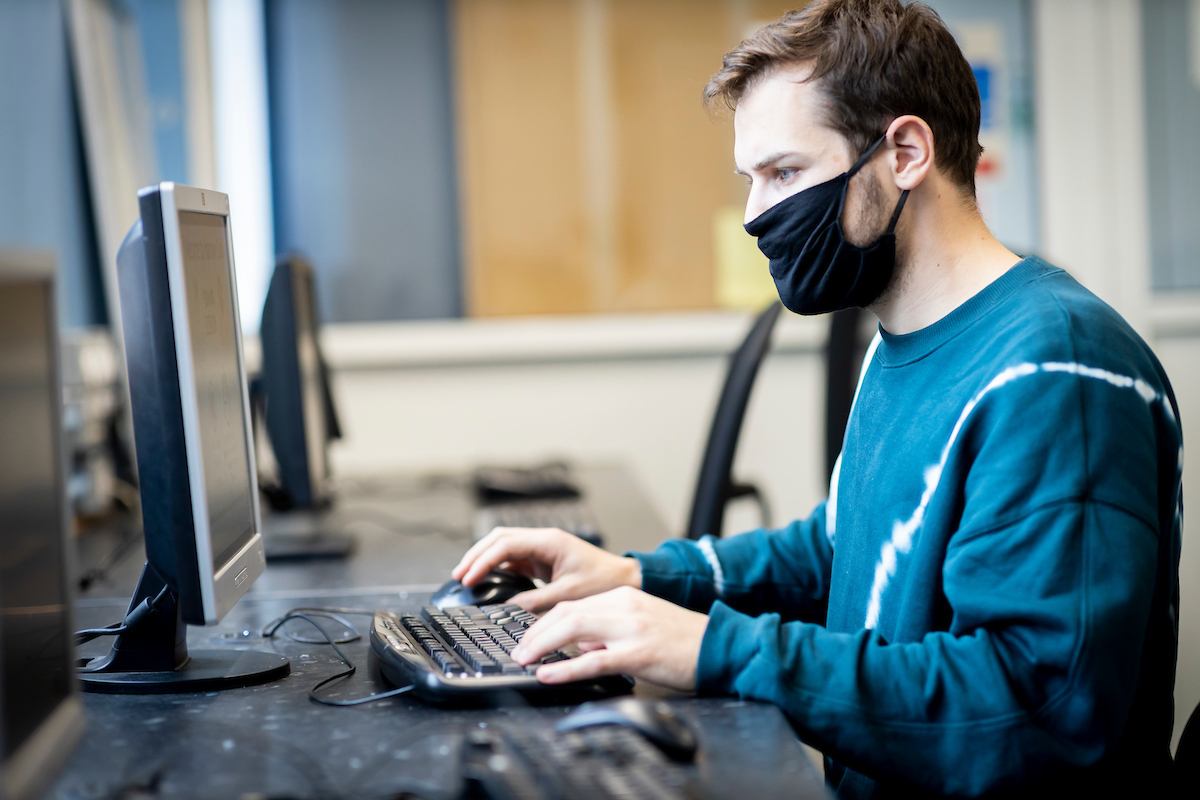How do drugs get into the UK
You might get your drugs from someone off the street, but ever wondered how they got them? Throughout the years people have come up with some pretty elaborate schemes to smuggle drugs into the UK. No doubt, you’ve heard some of the classics - like hiding coke where the sun don’t shine - but there’s more methods than you might think. Here are a few of them.

How much is the drugs industry worth?
As small as it may sound, the drug industry accounts for only 1% of all yearly international trade (it gets bigger if you translate that into actual numbers). In the UK, the drugs industry is worth about £200bn per year, and a large proportion of that is spent on drugs brought in from other countries.
It’s no doubt helped by the profit made from drugs on the street; cocaine, for instance, is worth £42 per gram compared to the cost at source of £850 per kilo. It’s estimated that 1.1 million people took a Class A drugs in 2019/2020, that’s a lot of kilos of coke (or its equivalent) right there.
How do drugs get into the UK?
Methods of smuggling drugs:
- Via ship, usually in cargo freight containers.
- Via air, either in freight (goods transported in bulk) or with passengers a.k.a ‘mules’. The mule can either swallow the drugs, or hide it on themselves or their luggage.
- Through small boats or light aircrafts landing illegally and evading the usual customs checks.
- Hidden in packages delivered to the UK from the source country.
- Through smaller airports.
Tackling drugs traffic
“Drugs come in mostly by container freight on ships, usually on the largest trade routes, and through the main docks, such as Felixstowe, Liverpool and Southampton. And in cargo via airports and passengers and their luggage,” says Robert Buxton, who works for Customs and Excise. “As well as stopping the drugs at sea and airports, though, we tackle the problem near the source. We have overseas officers in Columbia and Peru, for instance.”
In February 2006, the Royal Navy ship HMS Southampton seized three-and-a-half tonnes of cocaine from a cargo ship off the coast of Miami. The drugs were heading for the UK, where the overall street value was estimated to be £350m. “The success of this seizure will send a clear message of determination to stop the smuggling of illegal drugs,” said HMS Southampton’s Commanding Officer, Rob Vitali.
Another way of tackling the problem of drug trafficking is through education and drug treatment. Buxton explains that it’s also important to deal with the financial aspect of trade: “We freeze assets and take away the property and money of those involved in the criminal networks,” he says. “Once they have no money to pay for more drugs to be brought into the country it’s impossible to operate. We take out the profit from it and that’s why smugglers are in the business – to profit. But it’s an ongoing battle, and will be as long as there is a demand for drugs.”
John Stirling, a freelance drugs journalist, agrees: “Drug smugglers are coming up with more ingenious methods to bring their cargo into the country. As they are caught with one smuggling method, they come up with another.”
Drug trade routes
Heroin: Afghanistan accounts for over 90% of the world’s heroin consumption. It’s transported from Afghanistan through old USSR countries like Kazakhstan and into Turkey, where it’s refined. It’s then either taken to Greece and shipped to Marseilles, or driven into the UK.
Ecstasy/other synthetic drugs: They are mostly produced in the Netherlands and smuggled in on the UK’s eastern seaboard.
Cocaine: Colombia is the world’s biggest producer of cocaine. Smugglers move the drug by light aircraft to the Caribbean, where it’s transferred to a cargo ship and transported to the UK, Holland or Germany. Then it’s switched to another ship or lorry and smuggled in.
Crack: Produced in the Caribbean and flown straight into the UK (talk about easy access).
Cannabis: Produced in the Caribbean, where it’s smuggled in via air, although much of it still comes from West Africa and Morocco. People then transport the drug by road or ship into the UK.
So the answer to ‘How do drugs get into the UK?’ A LOT of planning and different methods of transport.
Next Steps
- Chat about this subject on our Discussion Boards.
By Martin Burrows
Updated on 26-Aug-2021
No featured article










